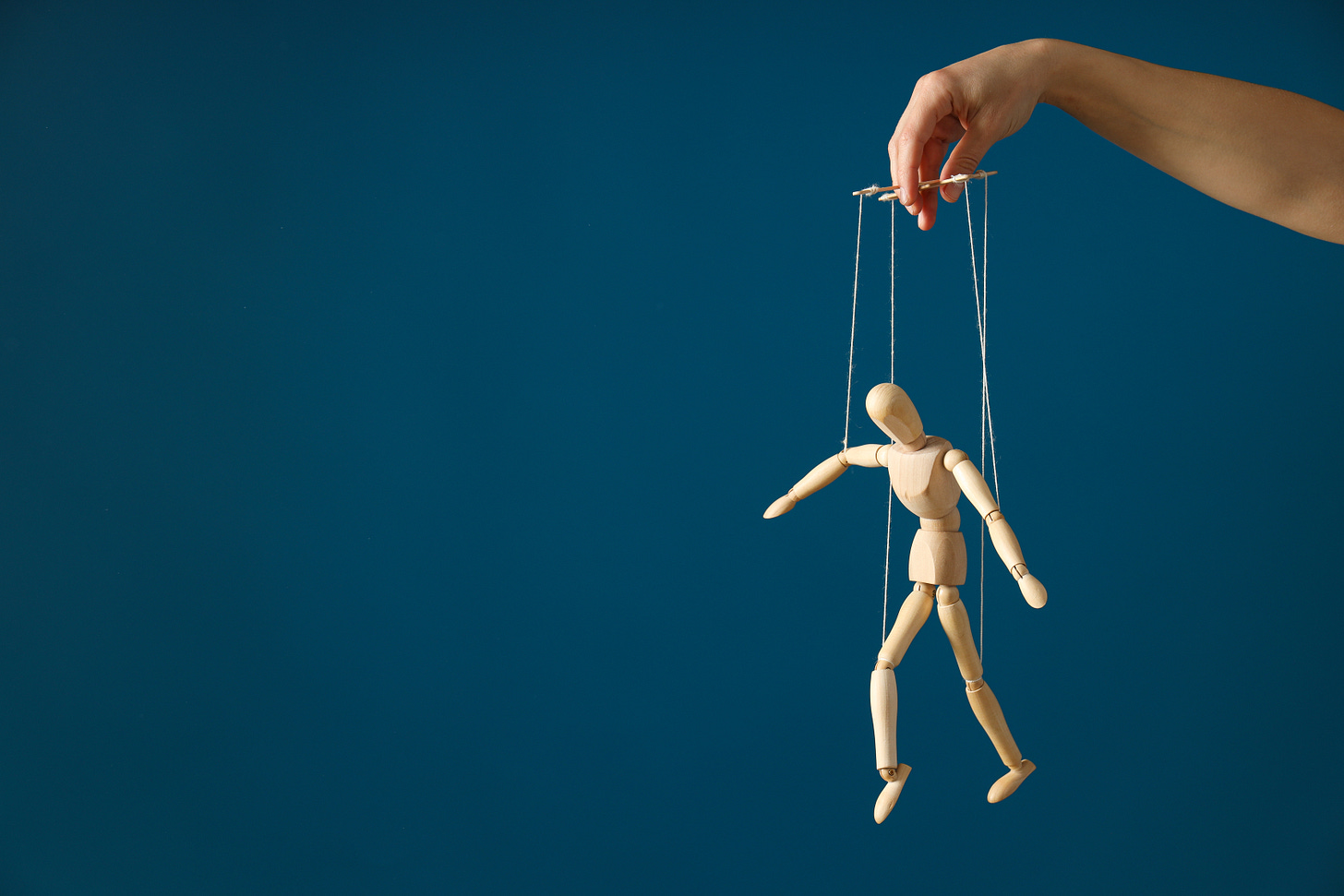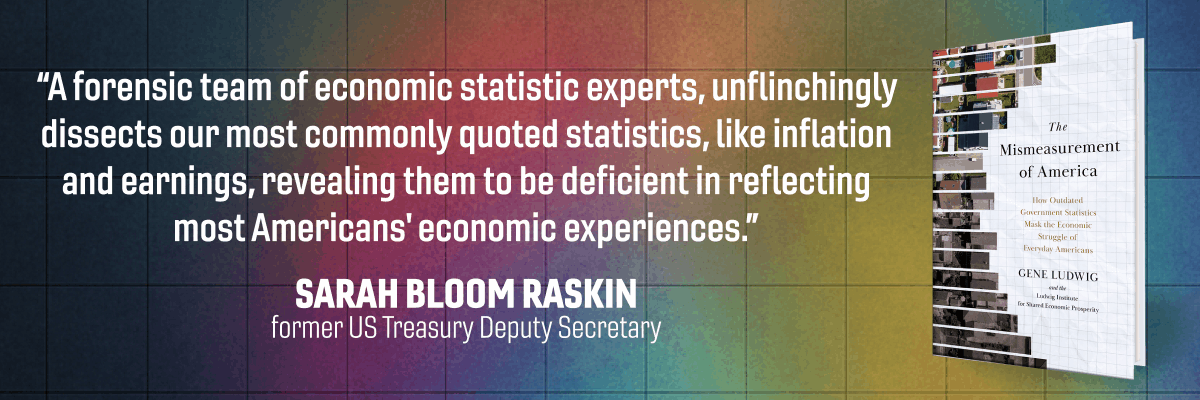You're Being Manipulated: Here's How to Fight Back
Harvard professor Cass Sunstein exposes the silent tricks that steer your decisions.
Listen now on Spotify or Apple Podcasts:
Manipulation is everywhere: in ads, algorithms, politics, even workplace incentives. In the new book Manipulation: What It Is, Why It’s Bad, and What to Do About It by Harvard Law’s Cass Sunstein—one of the most cited law professor in the world—you’ll learn how subtle design choices and social pressures can hijack your autonomy, plus practical steps to spot and resist them in your feeds, at the store, and on the job. Grab a copy on Amazon and check out five of Cass’s big ideas below:
1. Manipulation undermines your freedom to choose.
Manipulation isn’t just persuasion—it’s trickery that prevents people from exercising their capacity for deliberation. It might stir emotions, hide crucial information, or bury key terms in fine print so you can’t make a truly informed choice. The danger lies in how it quietly strips away your agency, making you act without genuine reflection.
2. Sludge is manipulation by a thousand cuts.
“Sludge” refers to needless barriers—endless forms, hold times, or bureaucratic hoops—that make it hard to get what you want or to escape a bad deal. Companies often make signing up effortless, but impose exhausting obstacles when you try to cancel or change terms. This “easy in, hard out” design is manipulation on steroids.
This week, Book of the Day is brought to you by The Mismeasurement of America. In his newest book, former US Comptroller of the Currency Gene Ludwig deconstructs four misleading economics statistics we see in the news every day: unemployment, wages, the consumer price index, and GDP. The Mismeasurement of America presents new and better ways to understand what’s really happening in the American economy. Pick up your copy today.
3. We need a right not to be manipulated.
Societies already protect people from fraud and deception, but there’s no legal safeguard against manipulation itself. That’s a problem because manipulation can waste your time, drain your money, and damage your well-being without breaking existing laws. It’s time to create a clear, enforceable right that shields people from such exploitation.
4. The Barbie Problem: buying what we wish didn’t exist.
Some goods are bought not out of love, but because social norms make them feel unavoidable. Think of Barbies, cigarettes, certain social media platforms, or any items that most people purchase yet many privately wish would disappear altogether. Companies exploit social pressures to manipulate us into consumer choices that don’t reflect our true preferences. Getting people to buy products they deplore or regret purchasing is a serious problem that we need to find a way to reduce.
5. Social norms can trap us.
Once a product exists, refusing it can send an unwanted signal: in some communities, turning down a drink implies you’re no fun; skipping a trendy app makes you seem out of the loop. To avoid that social penalty, we comply—even if we’d be happier without the product entirely. This is manipulation by peer pressure, and is extremely hard to resist because of how certain choices signal specific social perceptions of you.




